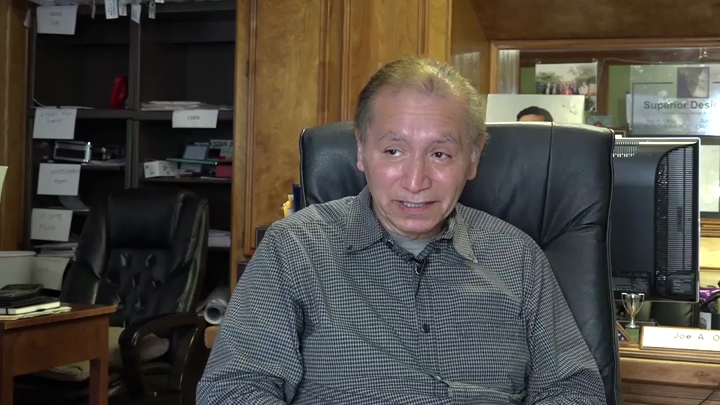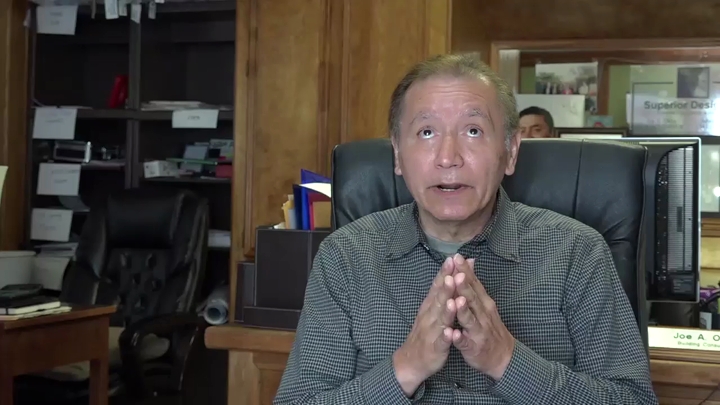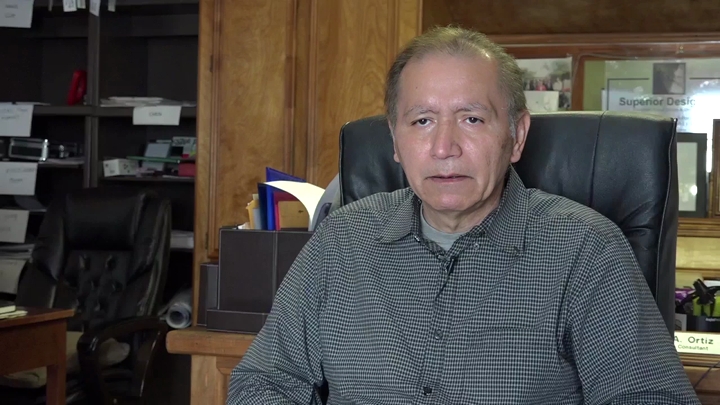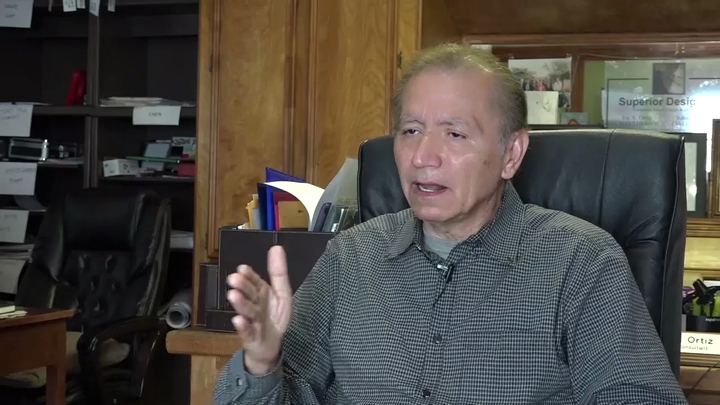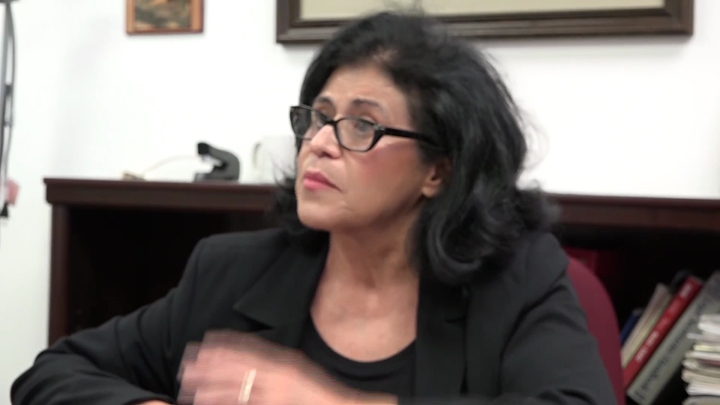Abalos / Civil RIghts Movements
sign up or sign in to add/edit transcript
Moye: Civil rights movement's come about when people want equal treatment and they come together and support each other for something. But lots of people in Texas think there was not a civil rights movement and Texas, either African American or Mexican. What is your perspective on that both as someone who has grown up in Texas and someone who teaches history in Texas? Abalos: I think that definitely it is more conservative, even the Mexican Americans and African-Americans – a lot of that is because we have been put down for so long and told it was bad to be radical, had to fight, to speak out. Many of the jobs were tied to somebody with economic power, and the people with economic power were able to keep us from being as vocal from some of the other areas. Besides, if you look at history most of the big civil rights was there was a big – the population - it all depends on the population. In the 60s, the population in this area of African-Americans and Hispanics was not all that big. We have grown. The African American numbers have not ground like we have. But our numbers have grown. Having said that, I do believe civil rights came to Texas. You can see it in Crystal city and the south where people actually fight to get Hispanics elected. They went against their employers. Many people suffer. I do not believe it always worked well for us. I do believe it is because you have to get experience to move app. We did not have that experience. We did not have the experience of being on the city Council, or have the city Council that we could go to, the County commission, and from County commission to maybe county judge. When we did it, we just did it. We had people who did not have experience in dealing with the city or county governments. We also were not hired in positions of the city and county government that were not at the lower level jobs. The cleaning or picking up trash, those kinds of jobs. It also takes experience, if I want to do a job then I can move up. You know, I never thought that I could run for school board. Never would have envisioned me running. But as I got more involved in the community I realized I had a Voice and I was not afraid to use it. It took time. I would not have a run when I first started meeting people because I was not prepared. But I do believe that being involved in community organizations and out and the community got me more prepared to run for the school board and to be comfortable speaking up for our people. I believe we did have a civil rights movement for Hispanics. It was not as vocal in some areas as in others, but we did not have the numbers like the valley did, South Texas did, El Paso. So it is understandable why the attention was not brought to our plight.


